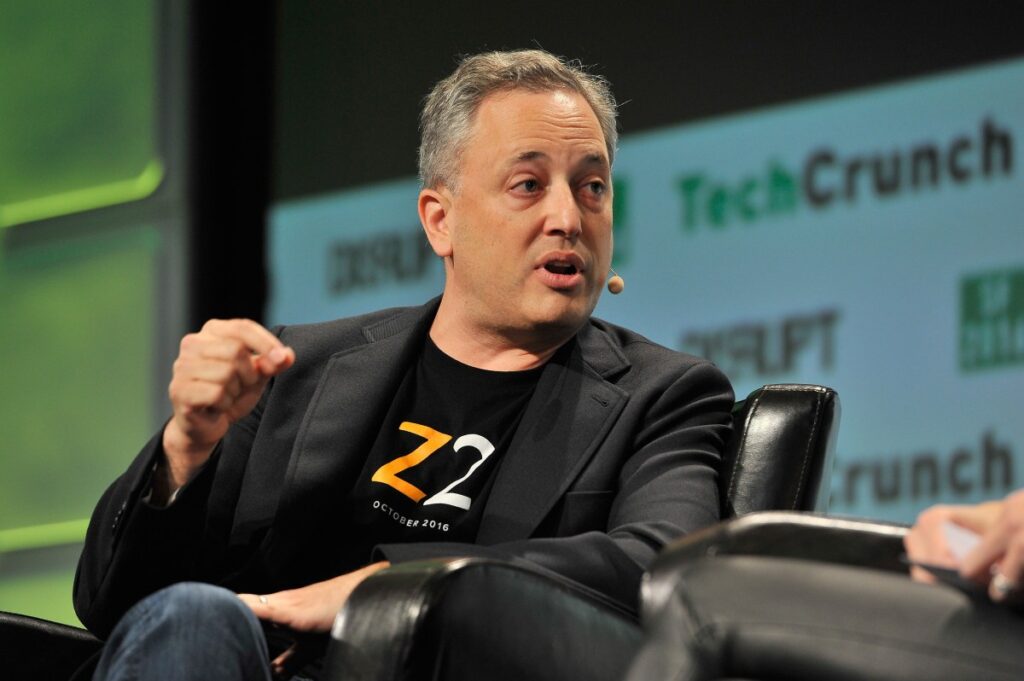
After being elected as President of the United States, Donald Trump is forming a team of advisors focused on technology and business issues. This team includes prominent figures from Silicon Valley, such as Elon Musk, Marc Andreessen, and David Sacks. While they all advocate for the rapid development and implementation of artificial intelligence (AI) technologies in the U.S., they are engaging in a serious debate over one key issue: AI censorship by major tech companies.
What is AI censorship, and why does it matter?
AI censorship refers to the manipulation of AI chatbot responses by tech companies to align with their political or economic interests. For instance, chatbots might provide one-sided or limited answers on controversial topics. Some tech executives refer to this process as “content moderation,” but critics see it as a threat to freedom of speech.
Trump’s advisors emphasize that AI responses could be even more dangerous than censorship on social media. Unlike search algorithms or data feeds, AI chatbots provide single, consistent, and immutable answers, potentially steering users toward only one perspective.
Views of Trump’s Advisors
Marc Andreessen – Founder of Andreessen Horowitz:
Andreessen warns that if AI is improperly programmed, it could create a “dystopia built on lies.” He believes that AI censorship poses a far greater threat than social media censorship, potentially being a thousand times worse.
- David Sacks – Trump’s AI and Cryptocurrency Advisor:
Sacks criticizes ChatGPT for initially delivering politically aligned answers, arguing that AI must be transparent and grounded in truth. - Elon Musk – Founder of Tesla and xAI:
Musk acknowledges that his chatbot “Grok” sometimes provides politically incorrect responses. He attributes this to the nature of AI training, which relies heavily on data sourced from the open internet.
Future Risks and Opportunities
Trump’s tech advisors suggest several measures to counter AI censorship:
- Increasing AI transparency
- Ensuring algorithms are trained neutrally
- Implementing independent oversight systems
If left unaddressed, AI technologies could become tools for controlling information flows, posing significant risks to freedom of speech.
As AI develops rapidly, ensuring its neutrality and transparency is a critical task. Trump’s tech advisors view AI censorship as a new threat to society. This issue is expected to become a major topic of discussion among tech companies, governments, and the public in the near future.




Leave a Reply